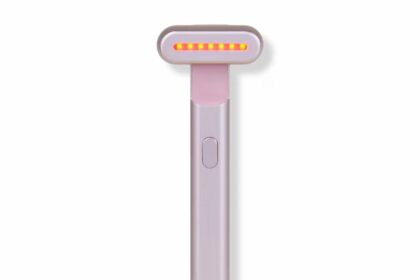Posted: 8/29/2016 8:30 AM by
Interim HealthCare
Hypoglycemia, also known as hypoglycemia unawareness, is a condition that can easily go undetected for someone who has diabetes. It occurs when there is an unusually low level of sugar (glucose) in the blood. Although it is commonly linked to diabetes, it can also occur to anyone with a condition that causes low blood sugar levels.
Knowing more about the illness and what to look for will allow you to easily detect if hypoglycemia is something your elderly parent is suffering from. If you are unable to be with them, a home care provider can spend all day with them, providing companionship and keeping a close eye on them to make sure they are healthy and happy. If you are concerned that your loved one may have this condition, here is some information on the condition to determine if it is something you should be worried about.
Symptoms
Hypoglycemia is not a disease, but is a result of other health conditions that cause low blood glucose levels, such as diabetes, kidney disorders, and alcoholism. Early signs of this condition include:
- Sweating
- Irritability
- Anxiety
- Hunger
- Tremor
- Sweating
- Face turns pale
- Heart palpitations
- Lips begin to tingle
- Abnormal heartbeat
If the condition becomes more severe, your elderly loved one may experience:
- Confusions
- Inability to concentrate
- Disorderly behavior that is similar to someone who is drunk
- Unconsciousness, seizures, and a coma, all of which are uncommon symptoms
Causes
The most common cause of hypoglycemia is when a diabetic takes too much insulin. However, it can also be triggered by a number of other reasons.
- Low glucose levels. When someone has not eaten in a while, glucagon may be produced by the pancreas. The result is a breakdown of stored glycogen into glucose, which is then released into the bloodstream and causes glucose levels to come back up.
- Certain medications. Quinine for malaria, Salicylates for rheumatic disease, and propranolol for hypertension could all cause hypoglycemia. Also, this condition can be triggered if someone takes diabetic medication but is not diabetic.
- Kidney disorders. Low blood sugar levels are a possibility for someone with kidney disorders because their kidneys are unable to properly excrete medications.
- Severe illnesses. If the elder becomes seriously ill, many of their organs may be affected, including the pancreas.
These are just a few causes of hypoglycemia to take into consideration. Talk to your loved one’s doctor about hypoglycemia if they begin showing symptoms.
Prevention
Fortunately, hypoglycemia is not a condition seniors have to suffer from. It can be prevented by doing the following.
- Talk to their doctor. If the elder is frequently experiencing low blood sugar levels, you or an in-home care provider should talk to their doctor to find out if hypoglycemia is the reason for the low levels. The earlier the condition is detected, the easier it will be to treat.
- Manage other health conditions. Living a healthy lifestyle and taking prescribed medication regularly for their health conditions is a great way to prevent the development of hypoglycemia.
- Get help. Family members, friends, or neighbors should regularly check in with the senior to make sure they are healthy and safe.
Hypoglycemia can be a serious medical condition if not properly taken care of. This information should help you or an elderly care specialist offer the support and help your loved one will need while battling this health condition.
If you have an aging loved one in need of elderly care contact Interim HealthCare today.








